Former Vice President Dick Cheney, whose mastery of the national security apparatus and unflinching exercise of executive authority reshaped American policy in the early twenty-first century, has died at 84 following complications from pneumonia and cardiac-vascular disease, his family confirmed Monday.
“His beloved wife of 61 years, Lynne, his daughters, Liz and Mary, and other family members were with him as he passed,” the family said, adding that he died due to complications of pneumonia and cardiac and vascular disease.
“Dick Cheney was a great and good man who taught his children and grandchildren to love our country, and to live lives of courage, honor, love, kindness, and fly fishing,” the family added.
Cheney’s death closes a chapter on one of the most consequential — and divisive — political lives in modern U.S. history. Revered by allies as a guardian of national strength and reviled by critics as the embodiment of post-9/11 overreach, Cheney stood at the heart of decisions that defined an era: the wars in Afghanistan and Iraq, the expansion of surveillance powers, and the reassertion of presidential control over intelligence and defense.
Born in Lincoln, Nebraska, in 1941 and raised in Casper, Wyoming, Cheney rose from small-town roots to Washington’s inner circle. After brief study at Yale, he earned degrees at the University of Wyoming and entered public service as an aide to Donald Rumsfeld. By 1975, he was White House Chief of Staff under President Gerald Ford — at age 34, one of the youngest to hold the position.
Elected to Congress in 1978, Cheney represented Wyoming for six terms before serving as Secretary of Defense under George H. W. Bush, overseeing Operation Desert Storm and the swift liberation of Kuwait. His tenure cemented his reputation as a disciplined, analytical strategist — a man of few words but firm conviction.
That reputation deepened, and darkened, when he returned to power as Vice President to George W. Bush from 2001 to 2009. In the chaos following the September 11 attacks, Cheney became the central architect of a new security doctrine emphasizing pre-emption and secrecy. He championed the invasion of Iraq in 2003, warning of weapons of mass destruction that were never found, and defended “enhanced interrogation” methods that human-rights critics condemned as torture.
To admirers, Cheney’s resolve embodied courage in a dangerous world. To detractors, it symbolized the corrosion of moral and constitutional restraint. “I took an oath to protect this country,” he once said, “and I don’t regret a single decision that kept Americans safe.”
Behind the steely exterior was a man who fought a decades-long battle with heart disease, surviving five heart attacks and undergoing a heart transplant in 2012. His family — wife Lynne, daughters Liz and Mary, and several grandchildren — remained constant presences through his years in power and convalescence alike.
Cheney’s influence extended beyond office. His daughter Liz carried the family name into the next political generation as a Republican congresswoman from Wyoming, breaking with her party to denounce Donald Trump’s conduct surrounding January 6. The contrast between father and daughter — both hawkish, yet divergent in method — offered a late-in-life echo of the tensions Cheney himself had long embodied: loyalty and independence, realism and conviction.
Cheney redefined the vice presidency as an engine of command, not ceremony; he reshaped the balance between liberty and security; and he left behind a record both formidable and fraught.
He once described power as “a tool of responsibility, not of ego.” Yet few figures wielded it with such consequence — or provoked such enduring debate over its limits.
[Read More: Bessent Points To Policy Working]

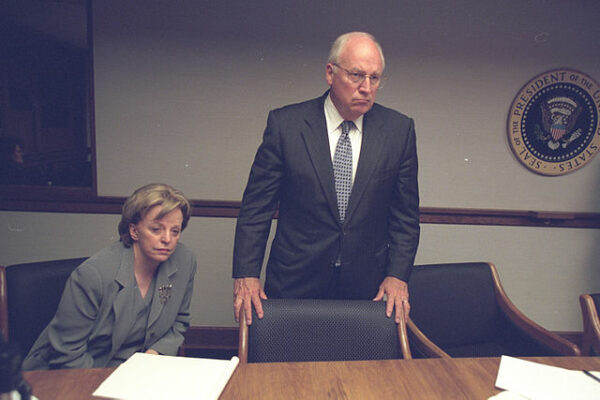
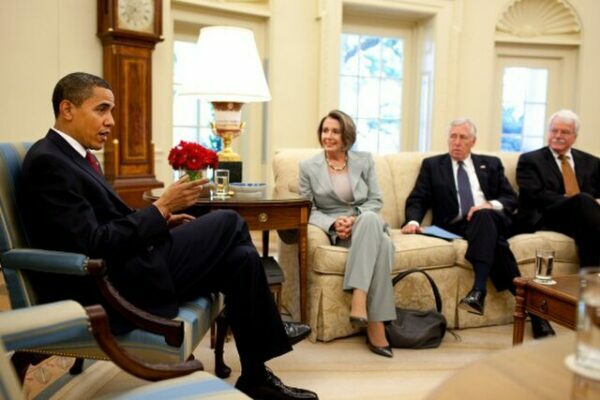

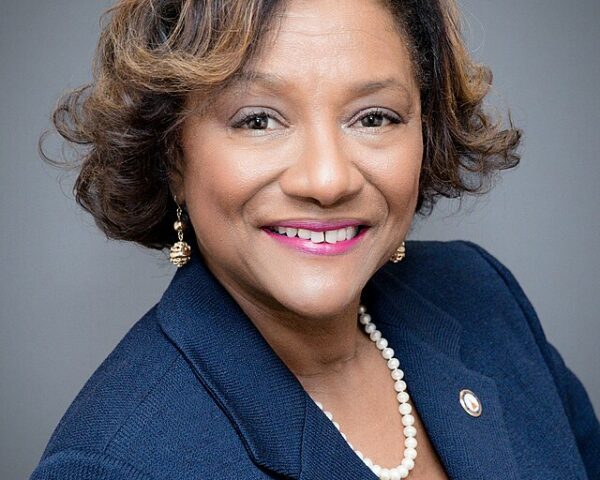


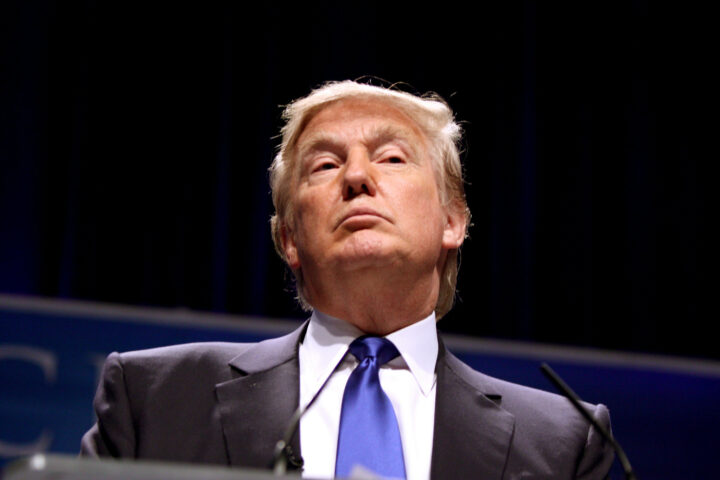

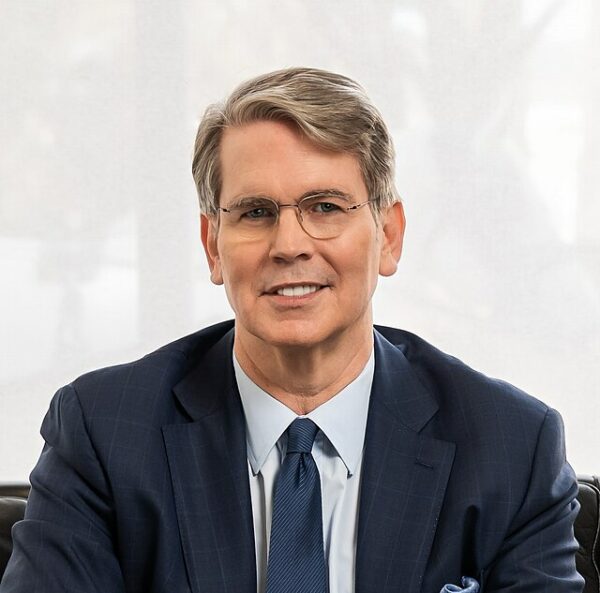

& was Anti Trump & MAGA
More RNC DC Estd
Useless